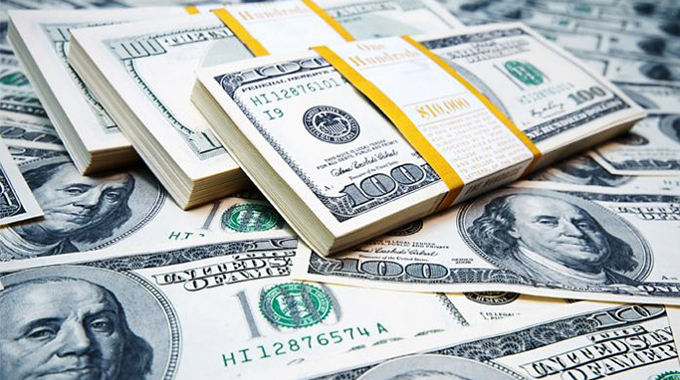Africans should not be too harsh on China

Onyekachi Wambu Correspondent
A great deal of fuss has rightly been made about the mistreatment of Africans in China during this Covid-19 emergency.
It’s important that this fuss is made in order to nip in the bud practices that none of us wish to see normalised or institutionalised.
The country has its own ingrained sense of manifest destiny, which can lead to a problematic attitude to foreigners, at home and abroad.
We have seen this from Chinese business people on the continent itself.
Hence the importance from the outset of our renewed engagement and trading relationship with China, that we should have drawn up firm protocols for conducting such trade.
Thirteen years ago, in my book Under the Tree of Talking: Leadership for Change in Africa, a chapter focused on future strategic relations with China.
Concerns were mounting that it might replicate Western racist behaviour — despite its boasts about not having a colonial empire, south-south solidarity and itself being a victim of similar racism from the West.
A leading Chinese thinker advised, at the time, that African experiences and interests should drive our relationships with China, rather than our seeking simply to copy China’s own successful model or see it as a sugar daddy.
There are renewed attempts to frame it as a trading relationship which would suggest two equal partners, trading goods in which they enjoy a comparative advantage.
Avoid dangerous precedents
So, we understand that there are some underlying issues that Forum for China-Africa Cooperation or bilateral contacts need to quickly address.
However, the strategic tone of many African Covid-19 emergency responses has been short sighted.
On social media, Africans have joined the anti-China rantings of the Trump White House as it deflects attention from his failings by blaming China and seeking reparations.
Africans should be cautioned against joining these ill-advised campaigns.
First, because establishing a precedent for reparations for unleashing a deadly virus, will come back to bite the continent the next time an Ebola-like virus emerges from Africa, given the propensity for such outbreaks.
Second, those who seek reparations from China have remained mute about seeking reparations for 400 years of Western depredations through slavery and colonialism.
An internet meme (misattributed to Voltaire) that runs: “to learn who rules over you, find out who you’re not allowed to criticise”, probably explains their silence.
African religious groups in alliance with their American counterparts, are behind the criticism where the Chinese Communist Party is now being de-legitimised and characterised as uniquely evil and godless.
Of course, this ignores the fact that the first major English slave ship, which helped unleash the current Western-run capitalist system, was John Hawkins’ “Good Ship Jesus”.
Third, China will soon be the biggest economy globally.
It is the workshop of the world and over the last 20 years has not only been the biggest investor in Africa, but Africa’s largest trading partner, with which we also enjoyed a positive trade balance until 2015.
Most of the well-fed Africa Rising chatter unleashed amongst the young (and even amongst the vicious new critics) has been a result of the multiplier effect of such Chinese investment.
Trump and some of his Western allies, seeing the Chinese expansion, now seek to divide the world again into two, the Huawei and non-Huawei halves, to maintain their control over the non-Huawei world.
Africans need not fall into this trap.
We have intimate relations and interests in the West, which we have paid for with 400 years of blood and treasure, and China is the future, at least until Africa’s rise. — New African.








Comments